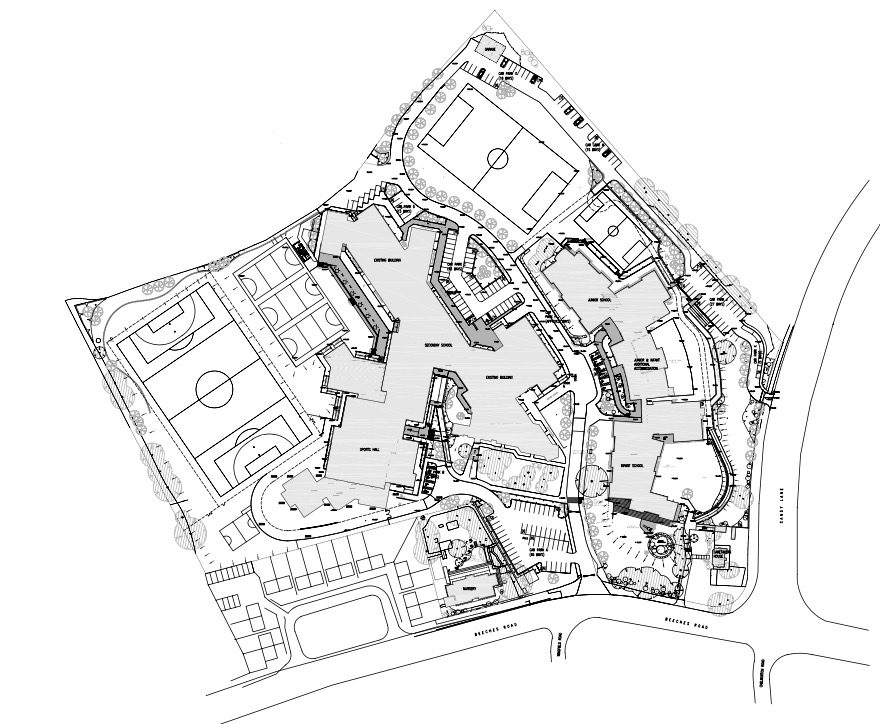What training do the staff in school have in relation to pupils with special needs?
In our school we believe that all staff should be involved in supporting pupils with special educational needs & disabilities and so we make sure that staff have training to help them do this.
In the past few years our staff have had training for: Epipen, Epilepsy, Asthma, Autism ASD level 1 & 2, dyslexia, Attention Autism, Intensive Interaction, Early Years Communication & specific speech & language, Wellcomm, TIAAS (Trauma Informed Attachment Aware School), Attachment needs, ACE's (Adverse Childhood Experiences), Emotional Wellbeing, LAC/POST LAC, Resilience and training on specific interventions.
How do the school get more specialist help for pupils if they need it?
Our school works with a named contact at a range of external agencies who can provide specialist support where needed. This usually takes the form of a visit to school including possible observations of the child, discussions with staff and assessments. Professionals often attend review meetings when appropriate and will sometimes meet with parents 1:1 or discuss pupils by phone. Referrals are always made, via the SENCO, following liaison with staff and only with full parental involvement and consent. Agencies can also deliver staff training relevant to their area of expertise.
Pupil School Support (PSS)
Supports children who are working below the levels expected for their age.
Educational Psychology
Supporting children who have social, mental or emotional needs, or other complex needs.
Communication & Autism Team (CAT)
Children or young people who have a diagnosis of autism or where this is being explored with the Community Paediatric Team.
Speech & Language Therapy Service (SALT)
Supporting children with a high level of speech and language difficulties.
Forward Thinking Birmingham (CAMHS)
Supporting children with significant mental health needs
Health Visiting Team and Nursing Team
Supporting children with medical needs, including where medication is needed
Physical Difficulties Support Service
Supporting children with physical difficulties.
Community Paediatric Team
To explore undiagnosed conditions, offer a thorough assessment of health needs and refer to other health services, e.g.
Occupational Therapy
Children or young people with physical difficulties that require regular exercise.
Physiotherapy Service
Children with physical difficulties which impact on their access in to the school setting.




